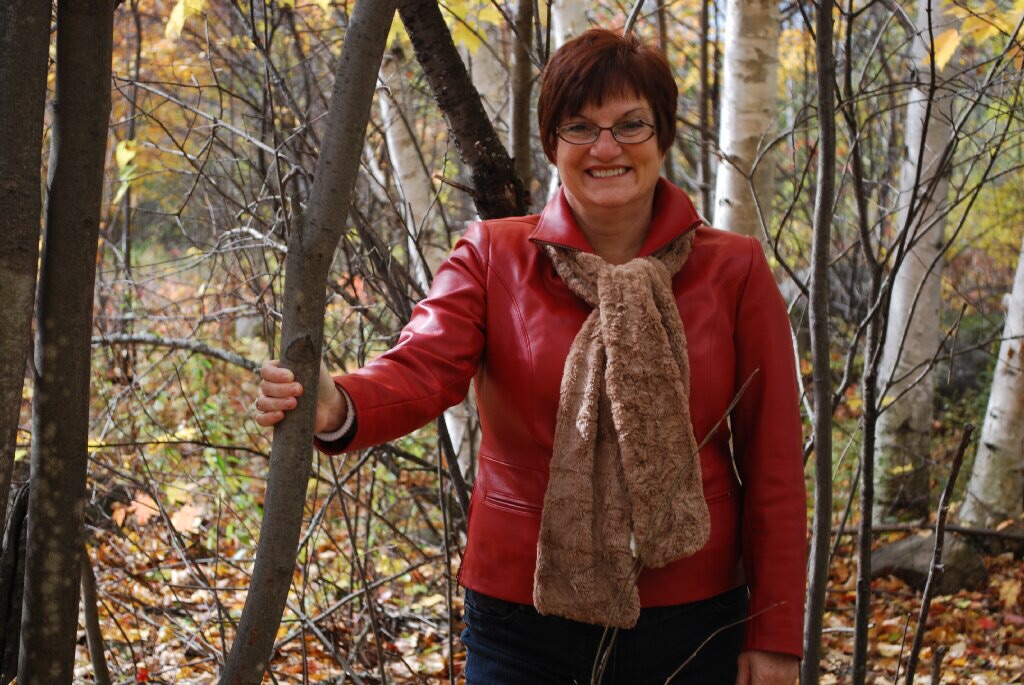I'm at the age where I see friends and family deal with this all the time and it is most certainly close to home with my own Mother. She is an incredibly strong woman who has lived with C.O.P.D. For several years and had been diagnosed with spinal stenosis at a late age. At her age there is nothing to be done but try to manage the pain. She is 88 and still has all her faculties and then some. She is witty, charismatic and can be an absolute delight.
The other side of the coin comes when you have an elderly parent who has relatively good health but their mind is going. That creates a disconnect with the person you once knew to be your parent. In this case there is no reasoning with them it becomes trying to work around what they see as their reality.
Both are very difficult situations, and require the most of all of us, but especially those who are there day in and day out.
The third situation is when you have a younger person who requires constant help because of a chronic illness. When you are married to someone who has failing organs, a disease or chronic pain; it demands to be centre stage often. You may not be the patient, but your patience is definitely required, time and time again.
I've been in both sides of it and I can tell you neither feels good. In the position of the patient you feel grateful, and guilty for all the time you take from your caregivers. As the caregiver, you just want to take the loved ones pain away, and it is utterly exhausting.
The loss of control leads to feelings of helplessness which can then lead to wanting to get things done to gain control again.
What we don't often consider is to just be. To accept that what is happening is meant to be in this moment and we are to accept it for what it is. A time when time may stop or be altered. A time when our attention is required, and a daily lives need to take the backseat for a step or two. This, whatever this is, becomes reality for this time.
Coming to terms with aging, illness and injury is never easy, but acceptance is the first step.
It's a privilege really to be with someone at their most vulnerable and for them to allow you to care for them and comfort them at such an important time of their lives. It's not often looked upon in that way. Human emotion gets in the way as our clearly defined roles get muddy and the child cares for the parent and the husband for the wife. Instead of stopping what we are doing as we pass from the outer world into the tiny world of the sick,we take it all with us and juggle along with both. Perhaps taking a time out as you pass through the hospital doors is a better approach. Being present with a patient can bring about wonderful conversations, especially with the elderly that can last long after they are gone.

 RSS Feed
RSS Feed
